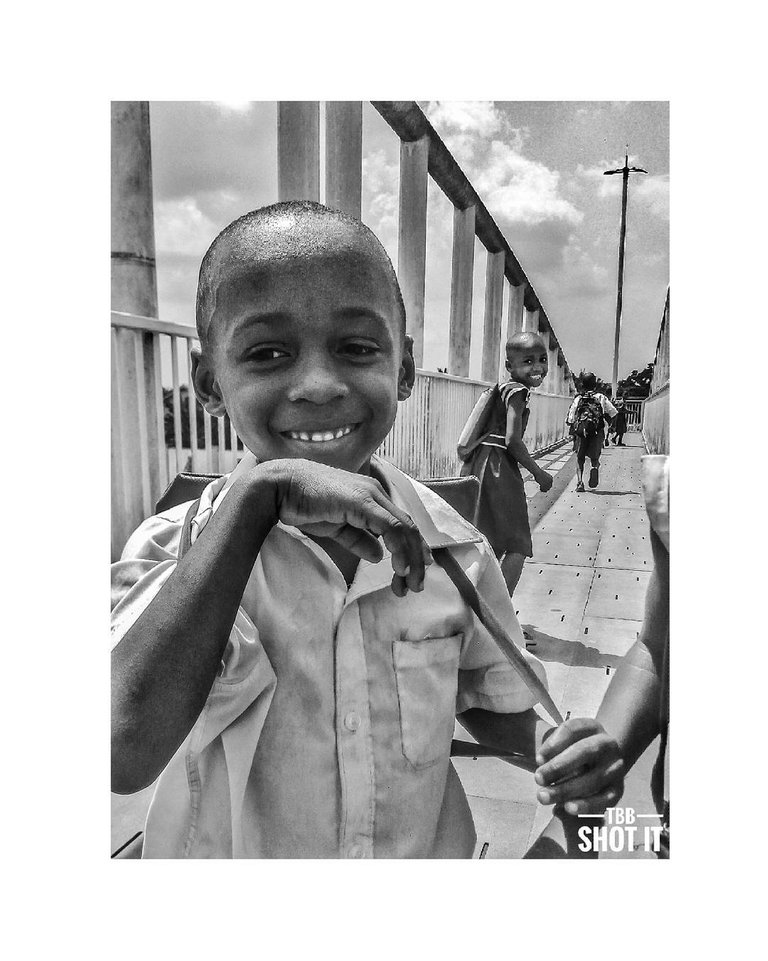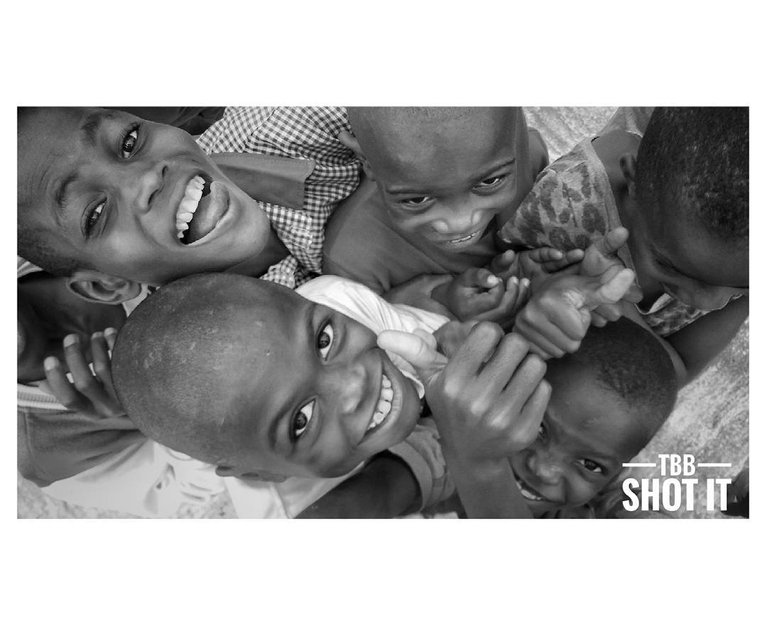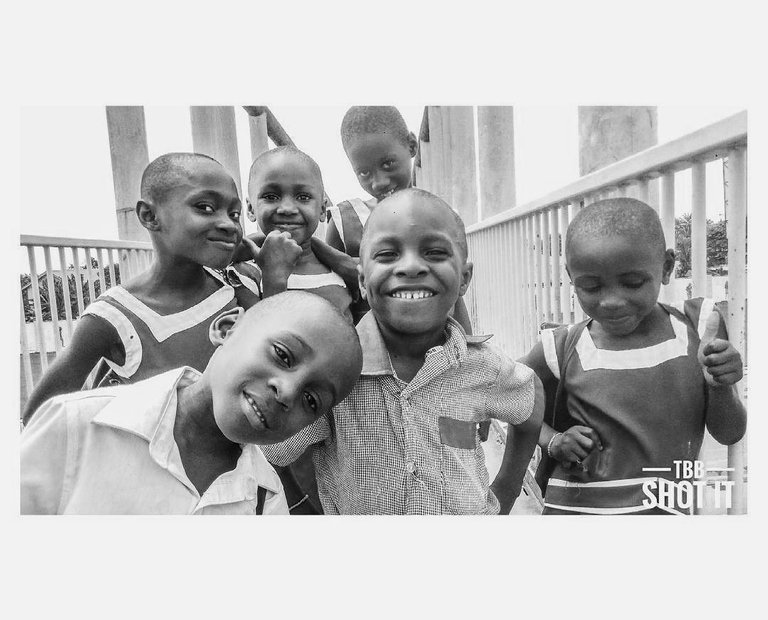How happy was your childhood?

A seemingly simple question can be more complicated to answer than one would think. Most people are able to think of a wide array of events, activities, people and things they encountered during their childhood. Some memories are happy, and some sad, upsetting, or frightening. Is the impression we have of our childhood happiness the sum of all that we have experienced or primarily a function of the good or the bad? It isn't clear how accurate childhood memories are. Many of them are incomplete and have been influenced by the input from others. Our understanding of childhood events can be quite different when viewed from the adult perspective. So, impressions of childhood are not necessarily accurate reflections of the quality of that period. An individual can remember childhood as better or worse than it really was. While the events themselves can have an impact on psychological well-being during adulthood, one's perception of the events can also influence well-being.
For example, believing that you were cheated of the things, experiences, love or acceptance that every child deserves can negatively impact relationships and feelings of adequacy and belonging.
It isn't possible to ensure that a child will experience only success and happy times. But personal observation shows that the role of other people and how children feel can be more important than the events. Getting things a child wants, academic issues or failing to make a sports team are not strongly related to the adult perspective of childhood happiness. It is feeling loved by parents that makes the most influential contribution to childhood happiness. As adults, we no longer feel that the number of toys, sports trophies, or top grades we received as children were as important to us as the joys and sorrows, successes and disappointments we shared with people who loved us.

Hope you like this piece!!! I'm open to meaningful contributions and comments, Thank you.
PHOTO CREDIT: @tallbrownboi
Sort: Trending